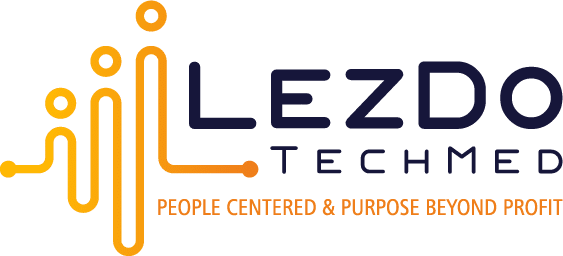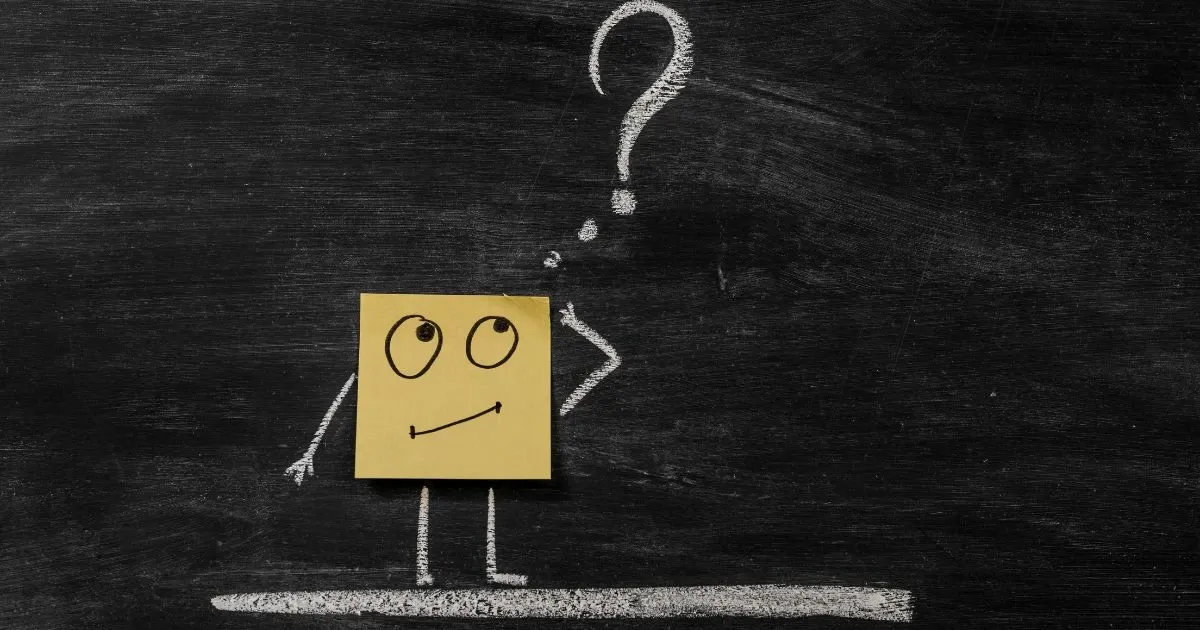Blogs That Inform and Inspire
Expert analysis, actionable tips, and case-driven insights at your fingertips
How Do You Turn Long Depositions into Quick, Usable Insights?Turn long depositions into clear, usable insights. Learn simple tips to create effective deposition summaries for better case review and trial preparation.
Why Do Attorneys Use Narrative Summaries in Case Reviews? Discover why attorneys use narrative summaries in case reviews. Turn complex medical data into clear facts to build stronger legal cases.
Medical Chronology For IMEs: Follow These Smart Tips Learn expert tips for confident IME review using medical chronology for IMEs that bring clarity, structure, and trust to records.
How Can Insurers Handle Sudden Claim Volume Spikes? Proven PracticesAre you an insurer struggling to manage high claim volume spikes? Read the proven practices on how to handle high claim spikes without losing accuracy.
Sorting and Indexing Medical Records for IMEs and QMEs: A Complete GuideSorting and indexing medical records for IMEs and QMEs helps with faster case reviews, accurate medical opinions, and clear, defensible reports.
Tired of Messy Deposition Summaries? Here’s the Fix Discover practical tips to organize and streamline your deposition summary for improved clarity, accuracy, and overall efficiency.
Managing Stress and Fatigue in Med-Legal Practice: A Guide to Long-Term Balance Practical strategies to manage stress and fatigue in medico-legal work, fostering resilience and long-term balance for professionals.
How do deposition summaries support medical legal cases Deposition summaries help attorneys handle medical-legal cases faster by condensing lengthy transcripts into clear, structured insights.
What are the Best Practices for Medical Record Organization?Medical record organization helps attorneys save time, reduce errors, and build stronger cases by sorting, indexing, and structuring charts efficiently.
Benefits of Medical Chronology Summaries in Injury Claims Medical chronology summaries help attorneys organize complex records, understand injuries faster, avoid errors, and strengthen claims with clear timelines.
3 Important Reasons Why You Need Medical Narrative Summaries to Win Claims Medical narrative summaries condense thousands of pages into clear, chronological insights, helping lawyers save time, get key facts, & win claims faster.
How to Write a Demand Letter That Works: 15 Critical FactsA well-written demand letter strengthens injury claims by organizing medical facts, damages, and proof, often leading to faster, fairer settlements.
How to Prepare a Medical Chronology Report: Reviewer's GuideA well-prepared medical chronology report turns complex records into clear timelines, helping teams meet deadlines, reduce errors, & secure claims faster.
Top 10 techniques for Efficient Medical Record Review Efficient medical record review depends on smart techniques like indexing, chronology prep, validation, and gap detection to boost accuracy and save time.
How to Draft the Best Deposition Summary: A Complete GuideLearn how to draft a precise deposition summary step-by-step. Covers all 5 types, turnaround times, and when to outsource. Expert guide by LezDo TechMed.
Market Yourself as an Attorney Without Overselling: Best Tips!Know how to market yourself as an attorney without overselling? Learn the practical tips that can make you the most preferred attorney among your clients.
What Reviewers Taught Me About the Hidden Challenges in Patient Record Analysis Explore the real challenges faced by reviewers behind patient record analysis and how AI helped solve most of their day-to-day struggles.
Medical Chronologies: What Lawyers Focus On vs. What Adjusters Look ForLawyers and adjusters view medical chronologies differently. Learn what each needs and how a well-structured timeline bridges both for better outcomes.
Stay Ahead in Med-Legal AI
Weekly insights straight to your inbox.
Thank you! Your submission has been received!
Oops! Something went wrong while submitting the form.
Trending Now
Ready to transform your operations?
See CaseDrive in Action
Book a Free Demo
